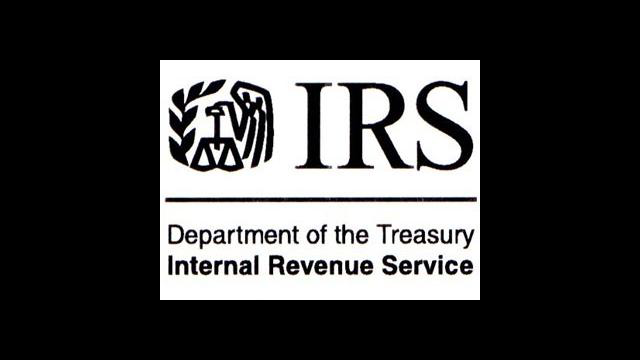Income Tax
IRS Says Fishing Disaster Aid May be Taxable
The Internal Revenue Service says that fishermen in the Northeast U.S. who received fishery disaster funds may have to pay federal tax on that relief assistance if it's used to replace lost income.
Aug. 12, 2014

The Internal Revenue Service says that fishermen in the Northeast U.S. who received fishery disaster funds may have to pay federal tax on that relief assistance if it's used to replace lost income.
The federal taxing authority, in a written statement that fell far short of providing any true clarity into the formal IRS position, said the taxable nature of the funds will depend on how the beneficiaries of disaster assistance use the money.
“The IRS has not previously issued published guidance on the taxability of this specific law's disaster relief payments,” the IRS said in the statement provided three weeks after the initial request by the Gloucester Daily Times for its position on the taxable nature of the direct financial assistance contained in the $75 million in fishing disaster aid Congress appropriated in January. “Generally, it will depend on the purposes for which the relief money was paid. Normally, if money is paid to replace lost income, those payments would be taxable.”
The IRS statement's implication that the funds will be subject to federal tax rankled fishing advocates but did not necessarily surprise them.
“I was hoping these funds wouldn't be taxable, but the last time fishermen received federal funds (in 2008), those were taxable, as well,” said Jackie Odell, executive director of the Northeast Seafood Coalition. “It's unfortunate, but I'm not surprised.”
The IRS did not respond to a follow-up email requesting a more specific explanation on the tax status of the disaster relief aid, and questioning why the agency has declined to issue published guidance on the taxability of the specific fishery disaster law.
One thing does seem clear based on previous comments from a spokeswoman for the Massachusetts Department of Revenue: If the federal government moves to tax the $6.3 million in direct disaster aid headed to about 193 eligible Massachusetts permit holders, the state is almost sure to follow suit.
“It's not really our call,” said Department of Revenue spokeswoman Maryann Merigan. “It's a federal call. We follow the lead of the IRS on this.”
The IRS, in its statement, also fell back on the same advice proffered by other federal and state agencies, such as NOAA and the Massachusetts Department of Revenue and its Division of Marine Fisheries, that suggests fishermen receiving these funds might “want to consider consulting a tax professional to better understand what if any tax consequences might occur.”
The muddied stance on the taxable nature of the direct assistance isn't the only murky subject related to the $14.5 million — $6.3 million in direct assistance and $8.2 million in state-specific grants — targeted for Massachusetts to help the eligible permit holders and an unspecified number of crew members, charter boat operators, fishing-affiliated shore side businesses in Massachusetts and other projects.
The primary question is when the funds, taxed or not, will actually arrive. The state's plan for distributing the funds through the Division of Marine Fisheries remains a work in progress, with the initial target date of Oct. 1 looking less and less feasible.
Contact Sean Horgan at 978-675-2714, or shorgan@gloucestertimes.com. Follow him on Twitter at @SeanGDT and check out his blog, Glosta Daily, on gloucestertimes.com.
Copyright 2014 – Gloucester Daily Times, Mass.
